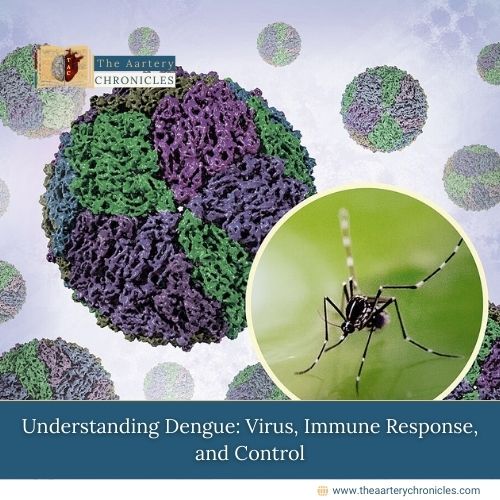

Why Most People Can Eat Anything Without Trouble
Researchers at Israel’s Weizmann Institute of Science have identified a critical mechanism that explains how our immune system knows not to attack the food we eat. This discovery could pave the way for new treatments for food allergies, celiac disease, and other food-related immune disorders.
Why Doesn’t the Immune System Attack Food?
Normally, our immune system is trained to fight off harmful invaders like viruses and bacteria. But every time we eat, our body is exposed to foreign substances and proteins from food that the immune system could potentially mistake as dangerous.
Yet in most people, this doesn’t happen. Instead, the immune system stays calm. Scientists call this “oral tolerance” the body’s natural ability to recognize food as safe.
The Missing Piece: ROR-gamma-t Cells
Until now, scientists believed that a type of immune cell called dendritic cells was responsible for keeping the peace during meals. But in a surprising twist, the Weizmann team found that even when these cells were removed, the immune system still didn’t react aggressively to food.
Their research pointed to another, previously overlooked, group of immune cells ROR-gamma-t cells. These rare cells appear to play a leading role in creating food tolerance.
How It Works: A Multi-Cell Immune Network
ROR-gamma-t cells trigger a chain reaction involving four different types of immune cells. This network works together to prevent CD8 T cells the body’s main “soldiers” from mistakenly attacking food proteins.
When this system fails or is disrupted, it can lead to food allergies or autoimmune conditions like celiac disease, where the body wrongly treats harmless substances as threats.
A Built-In Safety Switch
Interestingly, the study also found that the body can temporarily turn off this tolerance if it’s fighting a real infection. It’s like flipping a switch the immune system focuses on the immediate threat, then restores food tolerance afterwards. This adaptive feature helps protect us during illness while preventing unnecessary immune reactions to food.
Hope for Allergy and Autoimmune Treatment
This discovery opens exciting new possibilities for medical treatments. If scientists can find ways to strengthen or reset the ROR-gamma-t cell pathway, they may be able to reverse food allergies or prevent autoimmune attacks linked to diet.
“Understanding why one person’s immune system sees peanuts as food, while another’s sees them as a threat, is a huge step forward,” said one of the study’s lead researchers.
Conclusion
This research not only changes what scientists thought they knew about immune tolerance it could revolutionize how we treat and prevent food-related diseases. By uncovering the immune system’s hidden tolerance mechanism, the team at the Weizmann Institute has brought us closer to a future where food allergies and intolerances could become far more manageable or even curable.
Source: Inputs from various media Sources

Priya Bairagi
Reviewed by Dr Aarti Nehra (MBBS, MMST)
I’m a pharmacist with a strong background in health sciences. I hold a BSc from Delhi University and a pharmacy degree from PDM University. I write articles and daily health news while interviewing doctors to bring you the latest insights. In my free time, you’ll find me at the gym or lost in a sci-fi novel.








